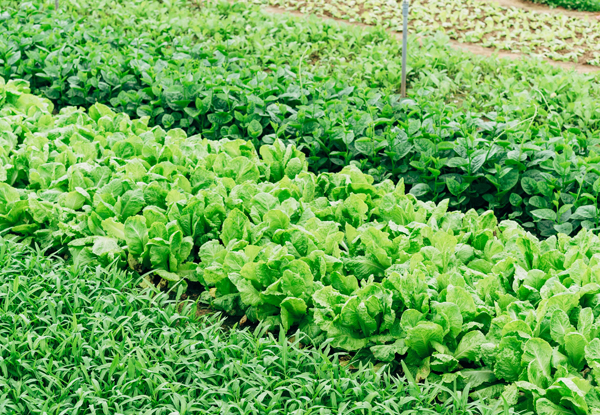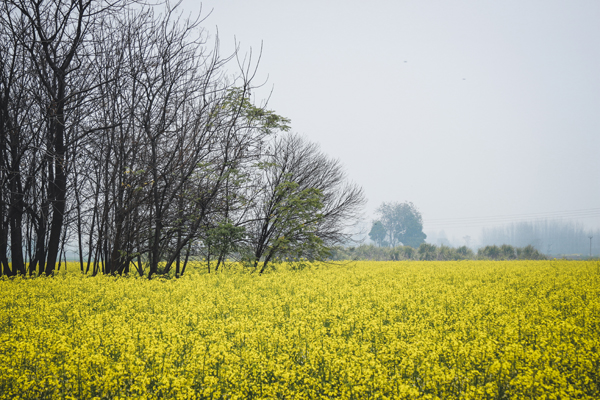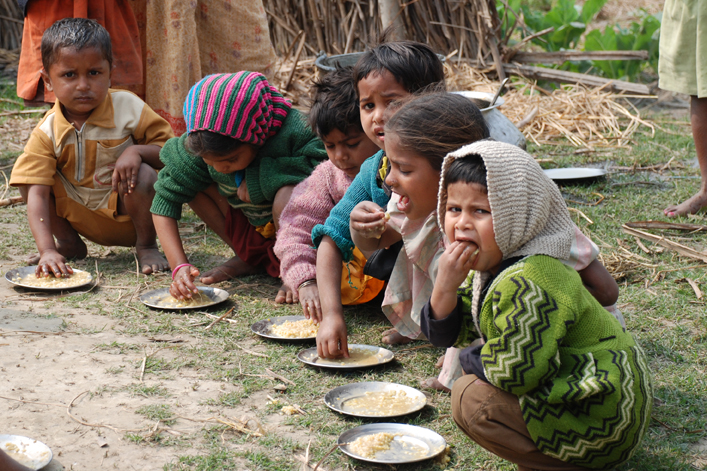Agriculture, Nutrition and Environment Nexus in South Asia



India is set to embark on a new chapter in its Polar exploration journey with the construction of Maitri II. The Indian government plans to establish a new research station near the existing Maitri ba...
.png )
The Deep Ocean Mission (DOM), approved by the Government of India in 2021 under the Ministry of Earth Sciences (MoES), represents a strategic step in realizing Sustainable Development Goal 14 (SDG 14:...

China recently announced restrictions on the export of seven rare earth elements (REEs), soon after US President Donald Trump decided to impose tariffs. As the world's dominant supplier—responsible fo...
Food systems are at the nexus of food security, nutritional health, ecosystems, climate change, and prosperity. Agricultural policies have focused on increasing food production, but may have neglected...
Post-Green Revolution, India has witnessed a dramatic increase in wheat and rice production from 50 to 203 million tonnes between 1950 and 2000. This transformation has come about, in part, through th...
To achieve malnutrition-free status, India’s development agenda needs to tackle its ‘double burden’ of malnutrition, under-nutrition and obesity at the same time. It is in this context that the POSHAN...
Achieving healthier diets requires a thorough understanding of the diversity and drivers of food choice. The International Rice Research Institute developed a ‘Food Choice Application’ featuring 162 u...
Food systems are at the nexus of food security, nutritional health, ecosystems, climate change, and prosperity. Agricultural policies have focused on increasing food production, but may have neglected the negative externalities on nutrition, natural capital, and biodiversity. A new paradigm on food system transformation is emerging using the concept of ‘planetary boundaries’ in defining the ‘safe...

Post-Green Revolution, India has witnessed a dramatic increase in wheat and rice production from 50 to 203 million tonnes between 1950 and 2000. This transformation has come about, in part, through the expansion of groundwater irrigation in northwestern India. However, large-scale groundwater pumping has aggravated waterlogging, salinisation, pollution and caused a steep decline in water tables. I...

To achieve malnutrition-free status, India’s development agenda needs to tackle its ‘double burden’ of malnutrition, under-nutrition and obesity at the same time. It is in this context that the POSHAN Abhiyaan provides an opportunity to counter malnutrition and usher in a new era in food and nutrition security.
